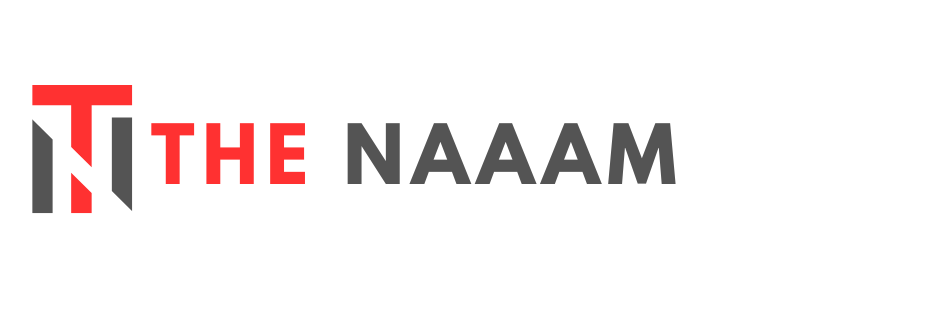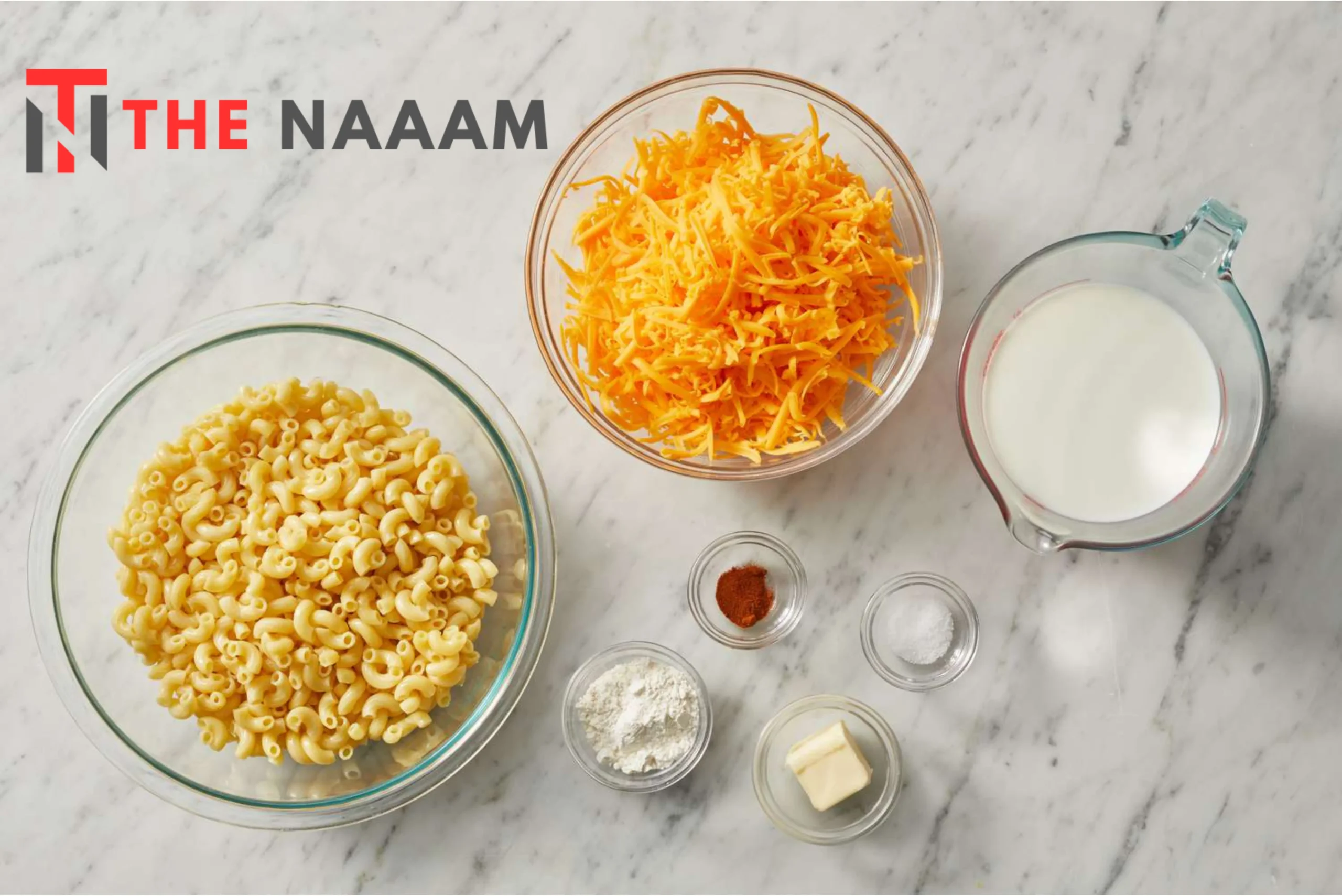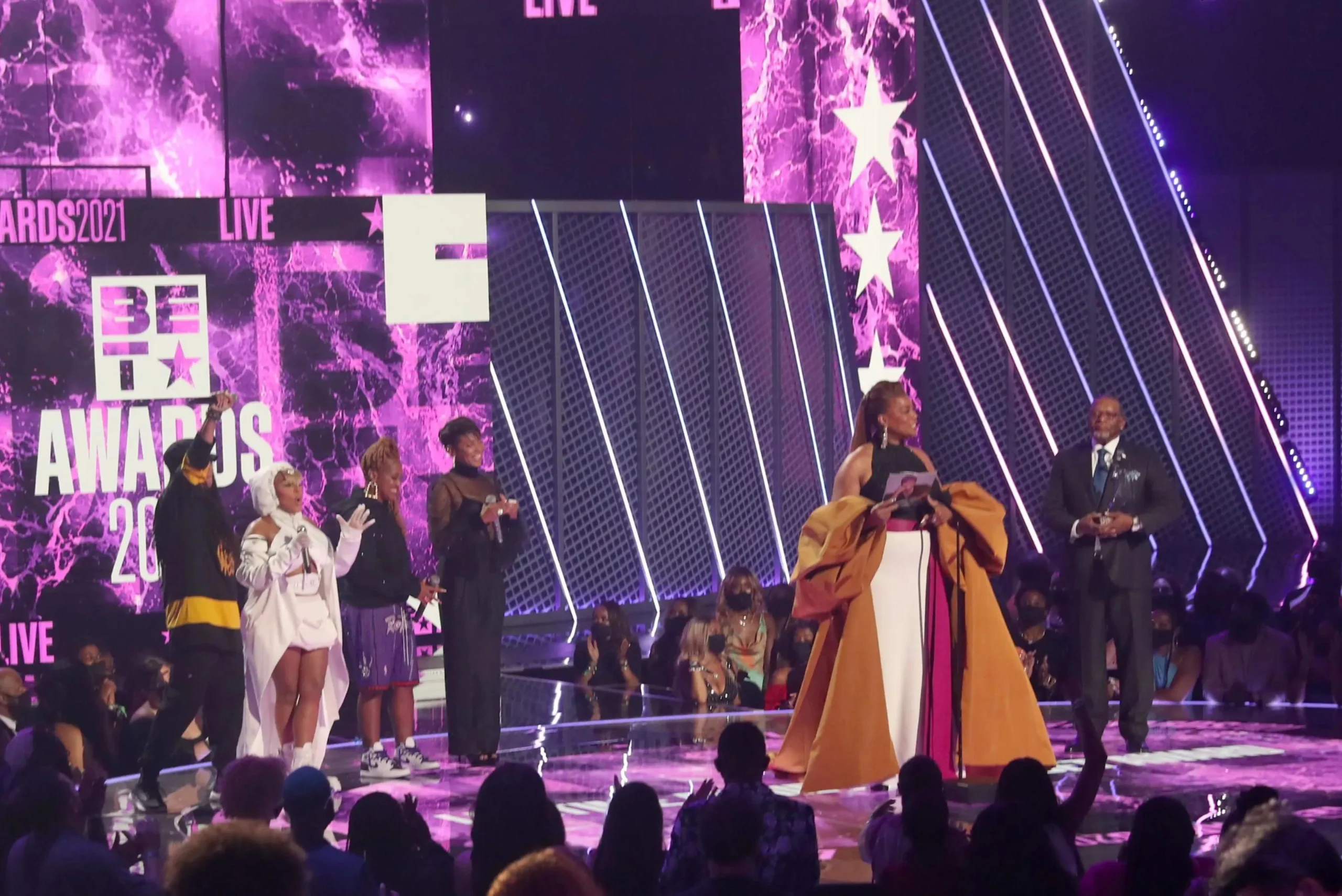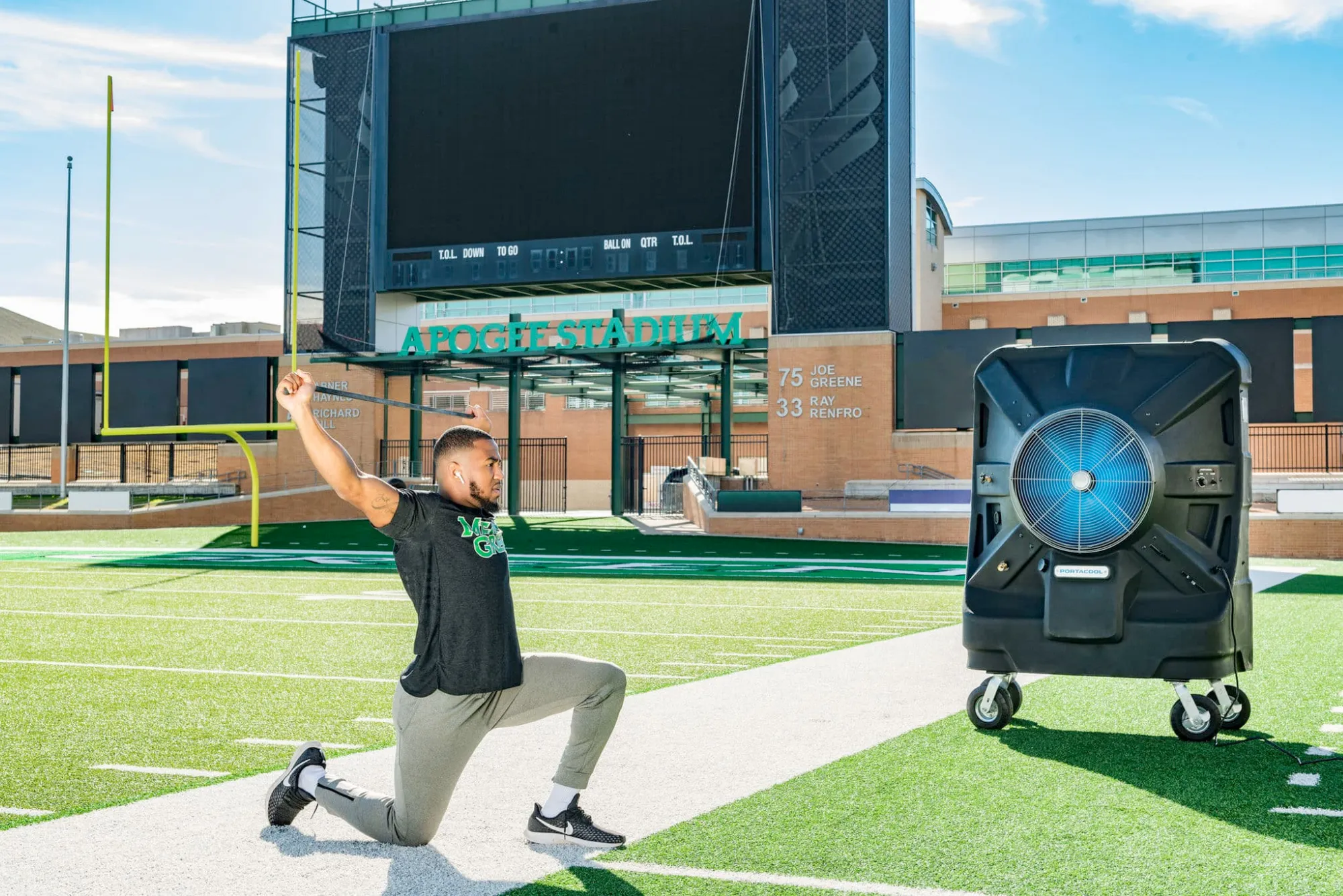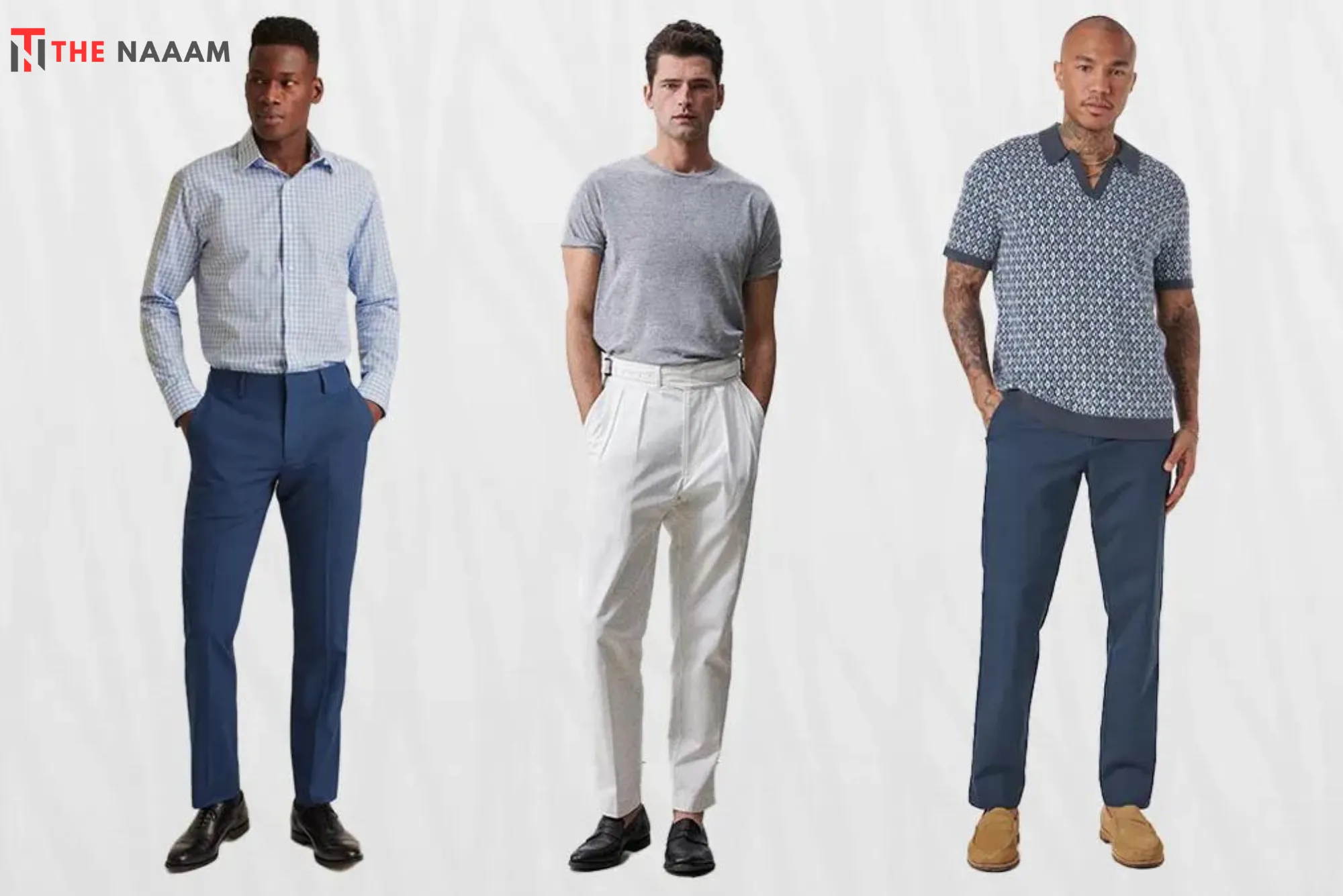Table of Contents
ToggleAre Sneakers Business Casual? Exploring Their Place in Professional Attire
Are sneakers suitable for a business environment? Businesses are becoming more flexible with their dress codes, which has led to a lot of debate on the topic. Sneakers have evolved from being associated with sports and leisure wear to becoming increasingly common in professional environments. However, there are other factors to consider, including personal preferences, industry norms, and company culture, when determining if shoes are appropriate for business casual attire.
In recent years, a lot of companies have introduced business casual dress codes in an attempt to foster a cozier and friendlier work environment. This modification shows a willingness to take into account workers’ varying interests and evolving opinions about workplace attire. As a result, sneakers are becoming more often accepted as proper business casual attire, especially in industries that place a high priority on innovation and technology.
It’s crucial to use care while putting on shoes in formal settings, despite their growing popularity. While certain businesses may still adhere to more long-standing traditions that place a higher value on formal shoes, others may still accept sneakers as part of business casual clothing. Furthermore, certain occasions don’t lend themselves to shoes, such as client meetings, formal parties, or presentations, which need a higher level of formality.
The Evolution of Workplace Dress Codes
Formal suits, dress shoes, and ties for men and skirts or pantsuits for women have long been associated with business wear. To promote a pleasant and laid-back work atmosphere, several firms have, however, moved toward more casual dress rules in recent years. Many reasons have contributed to this change, such as the emergence of digital businesses with more relaxed cultures and the aim to recruit and retain Gen Z and millennial workers who value flexibility and self-expression.
Choosing the Right Business Shoes
A wide range of designs are often seen as suitable for professional settings and are referred to as common business shoes. These shoes were picked for their practicality and ability to project professionalism in addition to their visual attractiveness. The following are a few popular styles of business shoes:
Oxford Sneakers:
The closed lacing mechanism of Oxford shoes is distinguished by the shoelace eyelets that are sewed under the vamp. They seem elegant and professional because to their style, which makes them perfect for work wear. Oxfords are usually composed of leather and are available in many hues, such as burgundy, brown, and black.
Shoes for Derby:
Derby shoes have a closed lacing system similar to Oxfords, except the shoelace eyelets are sewed on top of the vamp. Derby shoes may be used with smart casual and business outfits because of their somewhat more relaxed look than Oxford shoes. Leather and suede are two of the materials that are used to make derby shoes.
Loafers:
Loafers are slip-on footwear distinguished by its lack of laces or buckles and moccasin-like design. They are a well-liked option for business casual clothing as they are easy to wear and comfy. There are many different types of loafers available, ranging from traditional penny loafers to more modern ones with tassels or horsebit accents.
Monk Strap Sneakers:
Instead of using typical laces or elastic panels for fastening, monk strap shoes have a unique strap and buckle design. They are appropriate for both business casual and formal occasions and radiate refinement. Single or double strap monk strap shoes are available, with the latter being a little more formal.
Brogues:
The characteristic “broguing,” or ornamental holes around the shoe’s borders and toe caps, is what makes a brogue stand out. Even though brogues were once intended as outdoor footwear, they are now seen to be suitable for business wear, especially in more relaxed work settings. There are three different types of brogues: quarter, half, and full (wingtip) brogues.
Chelsea Footwear:
Chelsea boots are ankle-length boots distinguished by their streamlined form and elastic side panels. Chelsea boots in leather or suede, while often associated with informal dress, may appear sharp and modern when worn with fitted pants. Professionals like them because they are comfortable and versatile.
Professionals may exhibit their unique style while still looking polished and professional in the office with the variety of alternatives that basic business shoes provide. Making a good impression in work environments requires wearing the appropriate business shoes, whether that means going with traditional Oxfords, chic loafers, or fashionable Chelsea boots.
Navigating Sneaker Etiquette in the Workplace
Sneakers are no longer only for the gym or weekend wear; they are becoming more and more accepted in the contemporary office. But there are a few things to consider when deciding if sneakers are suitable in a business casual setting:
Organizational Culture:
The culture of your place of employment should be taken into account when determining whether or not to wear shoes there. Sneakers could nevertheless be considered too informal in settings that are more professional or conventional. On the other hand, shoes are often accepted as an integral part of the corporate culture in creative or tech-related fields.
Reason and Accountabilities:
Your choice of footwear should also take into account the nature of your work and any particular activities or meetings you have scheduled for that day. Sneakers may not be suitable for client meetings or presentations, even if they could be for a regular workday.
Condition and Style:
If you decide to wear sneakers to work, make sure they are neat, well-kept, and in decent shape. Opt for simpler, timeless patterns that go well with your ensemble rather than garish or sporty ones.
Matching Outfits:
To maintain a professional appearance while wearing sneakers in a business casual atmosphere, you must match them with proper clothing. For males, this might include wearing shoes with fitted pants or chinos and a sweater or button-down shirt. Women may wear dresses, skirts, or pants with a sweater or top and shoes.
When to Wear Business Casual Shoes in Professional Settings
Business casual shoes provide comfort and adaptability for a range of professional contexts, bridging the gap between formal dress shoes and casual footwear. Knowing whether business casual footwear is suitable may help people dress professionally in the office. The following scenarios are examples of when business casual footwear is appropriate:
Fridays are casual:
Many places of business encourage workers to dress more informally on “Casual Fridays,” which are Fridays after the workweek. These days, business casual footwear like clean sneakers, derby shoes, or loafers is usually fine as long as it’s matched with the right clothes.
Presentations and Office Meetings:
Business casual shoes are appropriate for events like internal office meetings and presentations when formal business clothing is not necessary. To seem professional but yet feel at ease, use shoe types like brogues or loafers.
Events for Networking:
Generally speaking, the dress code for networking events is looser than it is for official business meetings. Business casual footwear strikes the ideal mix of comfort and professionalism whether worn with tailored pants and a collared shirt for men or a blouse and skirt for ladies.
Meetings with clients (based on industry):
For client meetings, business casual shoes could be appropriate in certain businesses, especially those with a creative or laid-back attitude. To leave a good impression, you must, however, take the client’s expectations into account and dress appropriately.
Business Journeys:
Business casual shoes provide comfort throughout long days while yet keeping a professional image while traveling for work, particularly if the agenda involves meetings, conferences, or trade exhibitions. To adapt to different scenarios, choose shoes that are appropriate for both professional and leisure contexts.
Social Events Connected to Work:
Dress codes for workplace parties, team-building exercises, and company trips are often loose. These events call for business casual footwear, such as polished loafers or clean sneakers, which let staff members mingle easily without compromising their professionalism.
Tech or Creative Industries:
Business casual shoes are often the standard in fields like advertising, design, or technology where originality and inventiveness are highly regarded. You may wear fashionable boots, loafers, or sneakers in these settings without seeming out of place.
Telecommuting or working remotely:
Many professionals may now work from home or in co-working facilities in more casual attire thanks to the increase in remote work arrangements. During virtual meetings or video conferences, business casual shoes provide comfort and flair without sacrificing professionalism.
People may easily manage their professional wardrobe and make sure they are suitably dressed for different work-related scenarios while still feeling confident and at ease by understanding these instances in which business casual shoes are suitable.
Restoring White Shoes to Their Former Glory
These workable techniques will help you revitalize the white color of your shoes and bring back their immaculate look. There are several methods involved in How To Make Shoes White Again. Making a paste out of equal parts white vinegar and baking soda is one way. On the shoe’s surface, apply this paste, being very careful over any stained or discolored regions.
To enable the paste to really penetrate and remove filth and grime, let it rest for a few hours or overnight. After that, use a soft-bristled brush or towel to gently clean the shoes in order to remove the paste. After using a moist towel to wipe the shoes, allow them to air dry entirely. With this technique, you may successfully remove stains and bring back the brilliant white hue of your shoes, giving them a new lease of life.
Instances Requiring More Formal Attire
Even while business casual shoes are adaptable and comfortable in a lot of professional settings, there are certain situations that call for more formal wear. Making suitable clothing selections may be aided by people’s understanding of these circumstances. You could be asked to dress more formally in the following situations:
Meetings with clients (Formal Industries):
Client meetings often call for a more professional dress code, especially in fields with conventional or formal cultures like banking, law, or consulting. This might include dressing in a suit and tie for men or a fitted pantsuit for women, as well as formal dress shoes like Oxfords or sophisticated loafers.
Meetings of the board or executive presentations:
A greater degree of formality is usually required for board meetings and CEO presentations in order to project professionalism and authority. Conventional business clothing, such as dress suits or conservative dresses for ladies and formal dress shoes and tailored suits for men, may be required of business professionals.
Interviews for jobs:
Formal clothing is usually required for job interviews in order to provide a good first impression, particularly for senior-level roles or those in conservative sectors. Traditionally, candidates should dress in a well-fitting suit, polished dress shoes, and acceptable accessories.
Galas or Corporate Events:
Attendees at formal business events, including award ceremonies, galas, or fundraising dinners, are expected to dress in formal wear in keeping with the occasion’s importance. Wearing formal dress shoes, evening dresses, tuxedos, or black-tie clothes are some examples of this.
Expert Gatherings or Workshops:
Attendees at some professional conferences or seminars may be required to wear formal attire, especially if dignitaries or well-known speakers are in attendance. Professionals in the business world should follow the dress code guidelines, which may include donning dress shoes and formal business apparel.
Protocol events or official ceremonies:
Formal clothes is typically required for official occasions, such as inaugurations, diplomatic receptions, or ribbon-cutting ceremonies, which are governed by rigorous dress regulations. Participants should dress appropriately for the event and follow the etiquette, which may involve donning formal shoes.
Legal Proceedings or Court Appearances:
For court appearances or legal processes, legal professionals—including judges, attorneys, and court employees—are required to present themselves in formal attire. To preserve the honor and respect of the legal profession, this usually means dressing in formal dress shoes, suits, and professional clothes.
Presentations or Pitches with High Stakes:
In order to project professionalism and trustworthiness, presentations and pitches to important stakeholders, investors, or customers may call for a more formal dress code. To create a good image, business professionals should dress in formal business wear, such as fitted suits and polished dress shoes.
In certain situations, it’s essential to present a professional image and follow the rules of the setting or event by dressing more formally, especially by donning conventional dress shoes.
Key Features to Consider in Business Casual Sneakers
Finding the right mix between style, comfort, and professionalism is crucial when choosing business casual shoes. Check for the following important characteristics:
High-quality components:
Choose sneakers constructed of premium materials like canvas, suede, or leather. These materials provide the shoes more toughness and improve their overall style, which makes them appropriate for work environments.
Simple & Minimalist Style:
Select shoes with a simple, minimalistic style that doesn’t include any gaudy or overbearing branding. This guarantees a polished and elegant appearance that works well with business casual clothing.
Colors that are neutral:
Neutral hues, such as navy, white, gray, or black, go well with a variety of ensembles and are adaptable. They are perfect for business casual settings since they also exude a subtle elegance.
Delicate Information:
Seek for shoes with understated embellishments that elevate the entire look visually without detracting from it. This might be subtle branding, tonal accents, or very little stitching.
Suitable Fit:
When choosing sneakers for business casual, put comfort first. To ensure that your feet are comfortable during the workplace, make sure the shoes have enough cushioning, arch support, and a sturdy sole.
Flexibility:
Select shoes that are appropriate for both after-work social events and the workplace. More style versatility is possible with styles that go well with both more formal outfits and more informal ones.
The Right Sole Thickness
Business casual shoes should be elegant and simple, but they should also have a solid sole for stability and comfort. Steer clear of too thin soles since they might affect durability or comfort.
Simple upkeep:
Choose sneakers that are simple to keep clean and maintain, particularly if you plan to use them often for work. For hassle-free maintenance, choose materials that are easy to wipe clean or that are resistant to stains and grime.
Expert Branding:
Select footwear from respectable labels that are well-known for their fine workmanship and meticulous attention to detail. Choose companies that provide business casual shoe solutions that are tailored for work-related settings.
Breathability:
Take into account the shoes’ breathability, especially if you want to wear them for long hours. Seek designs with holes or permeable mesh panels to improve ventilation and minimize discomfort.
You can confidently choose business casual sneakers that strike the ideal mix between style, comfort, and professionalism by taking into account these important factors, enabling you to look and feel your best at work.
Instances Where Sneakers Should Not Be Worn as Business Casual Apparel
Even while sneakers are now more often seen in business casual settings, there are still several circumstances in which they may not be acceptable. People may respect business dress standards and maintain a professional look by knowing when and when not to wear sneakers. In the following situations, shoes are not appropriate for business casual attire:
Formal Events: Presentations and Meetings
Sneakers could not exude the necessary professionalism in situations when a greater degree of formality is needed, including client meetings, board presentations, or job interviews. To leave a lasting impression, choose conventional dress shoes or shoes suited for the workplace.
Industries that lean conservatively:
Sneakers could be seen as too informal for work wear in professions like banking, law, or consulting that have strict dress rules. It’s crucial to follow industry standards and expectations by dressing in more formal footwear.
Protocol events or official ceremonies:
Formal events like formal ceremonies, protocol gatherings, and gala dinners usually demand for clothing that is appropriate for the occasion’s seriousness and importance. For these kinds of gatherings, formal dress shoes or black tie are more acceptable than sneakers.
Client-Side Positions:
Professionals who work with customers, such as account managers, sales representatives, or customer support representatives, should portray themselves in a way that inspires confidence and trust in them. When meeting with customers, it’s best to err on the side of caution and wear more professional footwear, even if sneakers could be appropriate in certain informal situations.
Presentations or Pitches with High Stakes:
To project expertise and trustworthiness, presentations and pitches to important stakeholders, financiers, or customers must be done with an extreme degree of professionalism. It is advised to wear more formal footwear for such events since sneakers may detract from their seriousness.
Religious or cultural considerations:
In some religious or cultural situations, sneakers could be seen as impolite or unsuitable clothing. It is essential to adhere to cultural standards and dress rules by selecting footwear that is appropriate for the particular cultural or religious setting.
Interviews for Jobs in Formal Sectors:
In order to create a good image, job hopefuls are sometimes required to dress in formal wear for interviews for senior-level positions or jobs in formal sectors. Since polished dress shoes are usually anticipated for these kinds of interviews, sneakers could not be seen as proper footwear.
Establishments with Tight Clothes Policy:
It’s possible that certain places of employment have rigorous dress standards that specifically exclude wearing shoes with business casual clothing. Respecting the company’s rules and regulations on proper dress for the job is crucial.
People may make sure they maintain a professional image and follow workplace requirements by understanding these situations in which sneakers shouldn’t be worn as business casual clothing. In these circumstances, wearing more formal footwear shows consideration for the surroundings and the people in them, while yet allowing acceptable personal expression.
In the end, whether or not shoes are appropriate for business casual depends on the particular employer, its culture, the occasion, and the individual’s duties. Even while shoes are becoming more and more acceptable in many professional situations, you should still use caution and good judgment when choosing your work gear. You may confidently and stylishly negotiate professional sneaker etiquette by taking into account elements like corporate culture, occasion, style, and matching with apparel.
